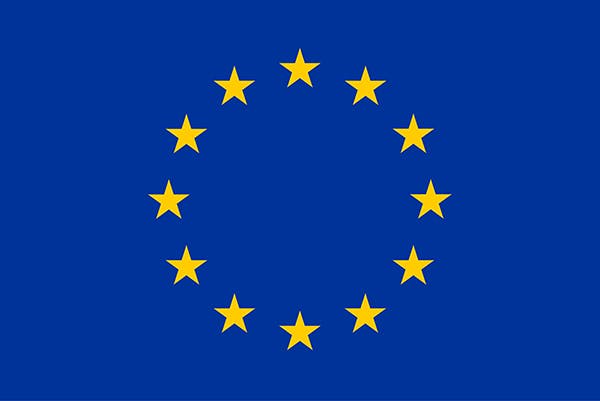Best Practice ZAR Stuttgart -
Centre for Outpatient Rehabilitation
Aftercare rate increased by 47%
The mission
In the outpatient facility ZAR Stuttgart, the rate of patients able to enrol in a traditional aftercare programme was at only around 42%.
The aim was to change that by stabilising therapy success rates and increasing the proportion of patients taking up the aftercare offer to 70%.
A large number of patients are unable to take up the facility’s aftercare treatment offer on account of long journeys or time constraints.
Reasons for telerehabilitation aftercare
(N=<400, multiple responses)
A large number of patients are unable to take up the facility’s aftercare treatment offer on account of long journeys or time constraints.
Reasons for telerehabilitation aftercare
(N=<400, multiple responses)
The goal was to increase the rate of patients receiving follow-up treatment, both traditional and teletherapeutic, to 70%.
The goal was to increase the rate of patients receiving follow-up treatment, both traditional and teletherapeutic, to 70%.
Implementation
Within 2 months, Caspar Health’s telemedical platform had been implemented in 5 steps at the facility, and was being successfully used.

Telerehabilitationaftercare concept submitted to the DRV

System set-up and designation of a Caspar telerehabilitation aftercare representative

Therapeutic and medical staff trained prior to launch

Development of standard therapy plans

Integration of telerehabilitation aftercare into the clinic’s internal therapy concept and introduction of patients to the system
The result
The Centre for Outpatient Rehabilitation ZAR Stuttgart increased its aftercare rate from 45% to 92% within 12 months.
Patient loyalty was strengthened, the reach of ZAR Stuttgart significantly widened and therapeutic quality improved. The facility’s revenue in aftercare increased.
The Centre for Outpatient Rehabilitation ZAR Stuttgart increased its aftercare rate from 45% to 92% within 12 months, with an upward trend.
The proportion of patients receiving traditional IRENA (intensive rehabilitation aftercare)was maintained.
The Centre for Outpatient Rehabilitation ZAR Stuttgart increased its aftercare rate from 45% to 92% within 12 months, with an upward trend.
The proportion of patients receiving traditional IRENA (intensive rehabilitation aftercare)was maintained.
The upward trend in aftercare rates at ZAR Stuttgart shows what enormous potential telerehabilitation aftercare has as an alternative service model to more traditional aftercare models.
All ZAR facilities have now implemented Caspar Health and work with its digital concepts. Doing so, we’re able to stabilise the quality and sustainability of our rehabilitation measures.
Markus Frenzer, Geschäftsführer
Nanz medico GmbH & Co. KG

